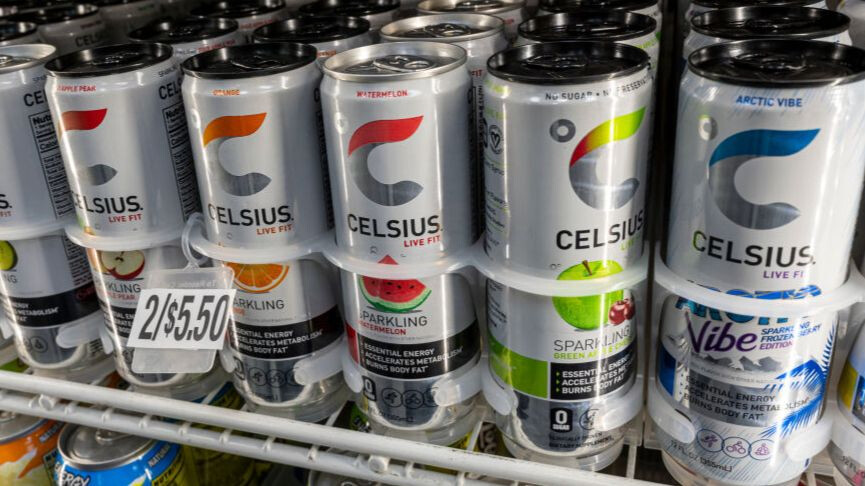
A shocking incident has occurred where certain products of the popular American energy drink brand Celsius were mistakenly mixed with vodka. This incident highlights critical flaws in supply chain management and raises significant concerns about consumer safety.
The incident originated from a fatal error by a packaging supplier. Empty Celsius cans were incorrectly delivered to the vodka brand High Noon. Mistaking these empty cans for normal stock, High Noon filled them with vodka and distributed them to the market. As a result, some of Celsius's 'Astro Vibe Blue Razz' edition products were released containing vodka, leading to this bizarre situation.
The U.S. Food and Drug Administration (FDA) recognized the seriousness of the issue and issued an immediate warning. The FDA strongly advises against consuming the affected products and recommends they be disposed of immediately. The FDA cautioned, "Consuming these products, mistakenly believing them to be energy drinks, could lead to unexpected safety incidents," urging consumers to be extra careful. The agency particularly emphasized that this could have fatal consequences for minors, drivers, and others who should not be drinking alcohol.
This event goes beyond a simple product misdelivery and raises questions about the overall safety management systems of companies. It serves as a stark example of how a fundamental error in the packaging supply process can pose a serious risk to end-consumers. Industry experts pointed out, "This accident once again reminds us how crucial close cooperation and a thorough inspection system are between manufacturers and suppliers."
High Noon has also taken swift action to address the situation. The company has decided to voluntarily recall some of the 'Beach Variety Pack' products produced at the affected factory. While both brands are working to resolve the issue, it is realistically difficult to retrieve all the products that have already been distributed to the market.
This incident is raising consumer awareness about food packaging. Even with a familiar brand, if the packaging or contents seem unusual, it's essential to stop consumption and contact the manufacturer with caution. Furthermore, food manufacturers and distributors must build more rigorous safety management systems to ensure that similar accidents do not happen again. This event leaves a crucial lesson that corporate responsibility and consumer safety awareness must rise together.
[Copyright (c) Global Economic Times. All Rights Reserved.]






























